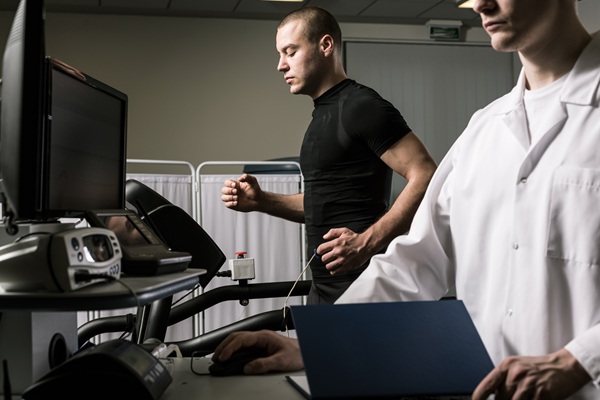Powerful Heart Health Advice From a Heart Doctor

Having an experienced heart doctor on your speed dial is a blessing. Studies show that your heart pumps about 1.5 gallons of blood each minute throughout your body. It beats about 100,000 times each day. That is why you should remember your doctor’s suggestions when it comes to your cardiac health. Here are some powerful heart health pointers from your heart doctor if you want to improve your general health and well-being.
Do not consume tobacco
Tobacco has chemicals that can block blood vessels and damage the heart. It can prevent proper blood oxygenation and circulation. This increases one’s heart rate and blood pressure so that the brain and body can have enough oxygenated blood. Quitting tobacco consumption is one of the healthiest decisions that a person can make. One’s risk of heart disease drops once an individual stops tobacco consumption. The risk drops even more if the individual lives a tobacco-free life.
Choose a nutritious diet
Type II diabetes and cardiovascular diseases are most likely to occur if one’s diet consists of unhealthy food choices. A balanced diet is a heart-healthy diet. An experienced heart doctor will suggest limiting the intake of sugar, salt, and processed foods, as well as alcohol. Consuming more of the following can make the heart healthier:
- Fat-free or low-fat dairy products
- Fruits and vegetables
- Healthy fats
- Legumes
- Whole grains
- Lean fish or meat
Develop good sleep habits
A heart doctor will always suggest that one should stick with about seven hours of restful sleep. A good amount of sleep every day can help make the heart happier. But busy schedules and demanding lifestyles make this sleep schedule impossible most of the time. Studies show that too little or even too much sleep can increase one’s risk of getting a heart attack. People who sleep less than seven or six hours each night had an increased risk of a heart attack by 20%. Those who slept more than nine hours had an increased risk of a heart attack by 34%.
Set regular exercise goals
Every heart doctor recommends a good 45-minute exercise four to five times each week. This can give the heart and body a healthy workout. Gardening, brisk walking, or dancing are moderate aerobic exercises. An individual can combine this with cycling, swimming, or running.
Pay attention to dental health
Part of a heart doctor’s recommendations is to maintain good dental health. This means flossing before bed and brushing at least two times a day. Using an antibacterial or fluoride mouthwash can help protect and strengthen the teeth against bacterial acids. Studies reveal that good oral health can prevent bacteria from reaching the heart and blood vessels. Seeing a dentist for regular dental checks and cleanings can also support good heart health.
Working with your heart doctor can keep your heart healthy
The heart is your body’s delivery system of nutrients and oxygen. If it functions properly, you will keep the rest of your body healthy as well. Working with your heart doctor can help you reach your heart health goals. Sticking to your healthy routine can mean better mental health and longevity as well.
Get more information about Florida Premier Cardiology in Boynton Beach at https://boyntonbeach.floridapremiercardio.com.
Check out what others are saying about our services on Yelp: Read our Yelp reviews.
Recent Posts
According to the Centers for Disease Control and Prevention, heart disease is the leading cause of death for adults in the United States. Therefore seeking chest pain treatment is crucial, especially for those at high risk for heart disease. However, chest pain can result from various health issues, so how does one know when it…
A cardiac stress test is a diagnostic tool to evaluate how well the heart performs under physical stress. Cardiologists use this test to detect underlying cardiovascular conditions, monitor treatment progress, or assess the risk of future heart complications. Cardiac stress tests are essential in the early detection and management of heart disease.A cardiac stress test…
Peripheral arterial disease affects blood flow in the arteries, most commonly in the legs. It develops due to plaque buildup in the arteries that causes them to narrow and restrict circulation, possibly leading to discomfort, difficulty walking, and other serious complications. Recognizing the symptoms early and exploring treatment options can help improve the quality of…
Receiving cardiovascular treatment is a critical step in managing heart health, but recovery and long-term are equally vital to ensure long-term wellness. Whether the treatment involves medication management, interventional procedures, or surgery, maintaining a relationship with the cardiologist and following their recovery guidelines is crucial. A structured follow-up plan allows patients to maintain the benefits…


